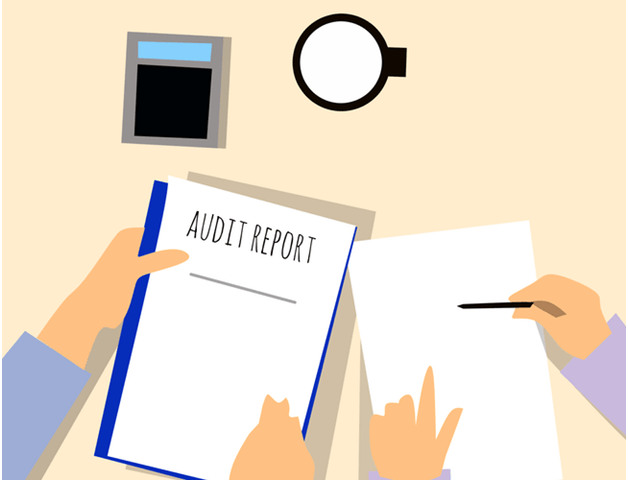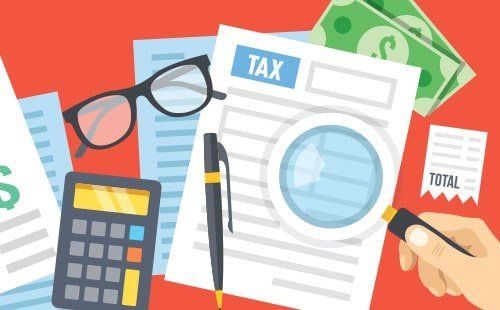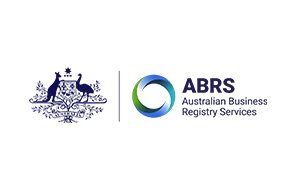Tax Gap: Beginning of the End of Tax Claims, Is It?

In a recent high profile speech at The Tax Institute's National Convention, Tax Commissioner Chris Jordan said, quite proudly:
'"For the first time in almost 25 years, the average work-related claim decreased, falling on average by about $130 over the past two years … The estimated revenue gain for that same period will be around $600 million,'" (ref: The Australian, March 14, 2019)
Jordan further claimed credit for the Australian Tax Office's crackdown on investment property claims, claiming that 9 out of 10 audits result in an adjustment in favour of the tax collector. Going further, he then pointed fingers at small businesses for dodging taxes, saying that:
"the ATO would soon release an estimate of the 'tax gap' – the difference between the amount of tax collected and the amount the ATO thinks should be collected – that would be 'much larger in percentage terms than in other market segments at between 10 per cent and 15 per cent.'"
I was there, listening to him live, and couldn't help but notice the pride with which he claimed credit for the ATO's efforts in garnering more tax. This led me to remember a somewhat controversial report released by the ATO in July 2018, infamously known as 'the tax gap'.
| In summary, what the ATO is saying is that since 868 taxpayers had an average upwards adjustment of $210 each, and that every
taxpayer in Australia would have had this average adjustment, thus giving a loss of revenue to the government of $8.7 billion. Much bigger than the multinational tax gap of $1.8 billion. Crazy… did I hear someone say? While not agreeing with the statistical conclusion that the ATO seems to have made, I can't help but agree – in part – to the efforts they have made in reigning in a small albeit substantial portion of taxpayers and tax agents who seem to have taken the lenience in the system for a ride for far too long. Like any economic cycle, the correction was long overdue and is ably supported by professionals like me wanting to do the right thing. |

|
At the same time, what shakes my confidence in the system is the ATO's obvious failure to acknowledge that:
- A sample of 868 is too miniscule to make any kind of conclusions.
- If you test a tax return two years hence, admittedly taxpayers would have lost some receipts and some would have faded. This doesn't mean that their original claim was illegitimate.
- If you change your approach overnight from 'reasonable understanding' to hardlined 'no receipt – no claim', it will catch honest taxpayers on the wrong foot. Considering the mountain of paperwork ATO auditors are now asking for (in one instance, an ATO auditor asked for investment property loan statements right from start till date – a period of 7 years), many taxpayers will just forego their genuine claim.
I fondly remember my early years in this profession, in the early 2000's, when a tax auditor would accept a claim if it was fair and reasonable. Clearly, this approach is changing.
It goes without saying that an assumption that 9 out of 10 taxpayers' audits require correction as if 9 out of 10 taxpayers are tax dodgers) creates an environment of fear and mistrust.
At the same convention, in the concluding remarks, the Former Inspector-General of Taxation, Ali Noroozi, stated that it is critical for the ATO, the tax profession, and the taxpayers to work in an environment of trust, adding that considering the might that the ATO carries, and the changes it can bring just single-handedly, this initiative needs to begin from the doors of the ATO.
I live to see the day when this will be a reality.
Where to from here?
I guess what we want to know is, where to from here? With the ATO unlikely to relent from its approach, it's time to tighten your belt and be ready for the taxman for every dollar you claim. Some quick tips:
- Ensure you have valid log book or diary evidence for your motor vehicle expense claims.
- Ensure you have proper records of your tax claims, including receipts. Credit card or bank statements, while having been accepted in the past, are likely to be rarely accepted in future if at all.
- Talk to your tax adviser regarding claims, and listen to them when they say it is not claimable. Just because your mate is claiming some expense, it doesn't mean it is legit.
- Be careful with expenses you claim against your business income and investment property. The law could be tricky – and extremely painful if you fall on the wrong side.
- Refinancing loans could result in your loss of tax deductions in part or in full. Ensure you run your refinance strategy with your tax adviser and don't purely rely just on your mortgage adviser.
I thus fear that this might be the beginning of the end of the great Aussie 'happy go lucky' tax time!
As I always conclude:
| Don't be casual, Lest you might be the casualty! |

Join MGAA's Community






